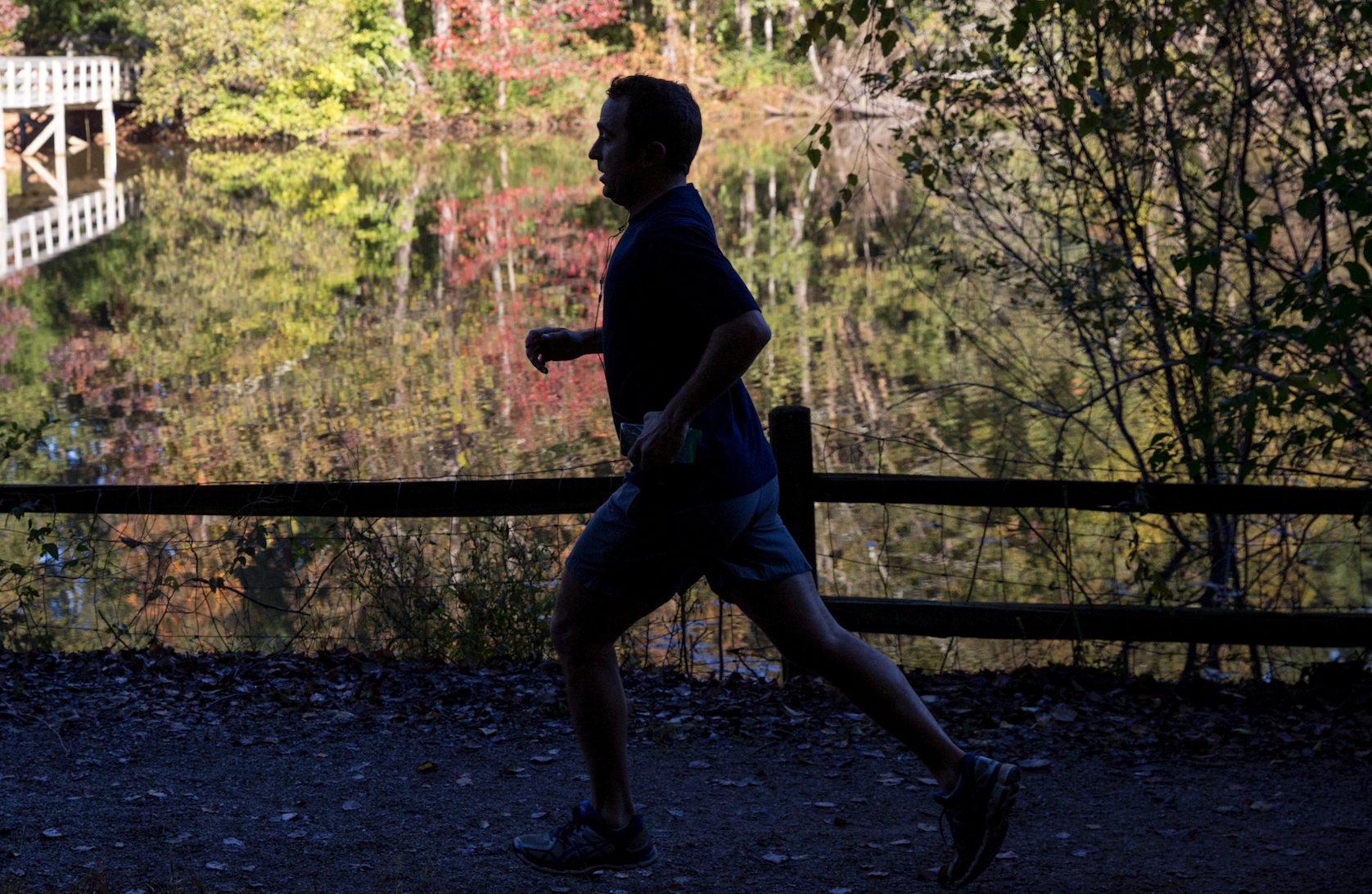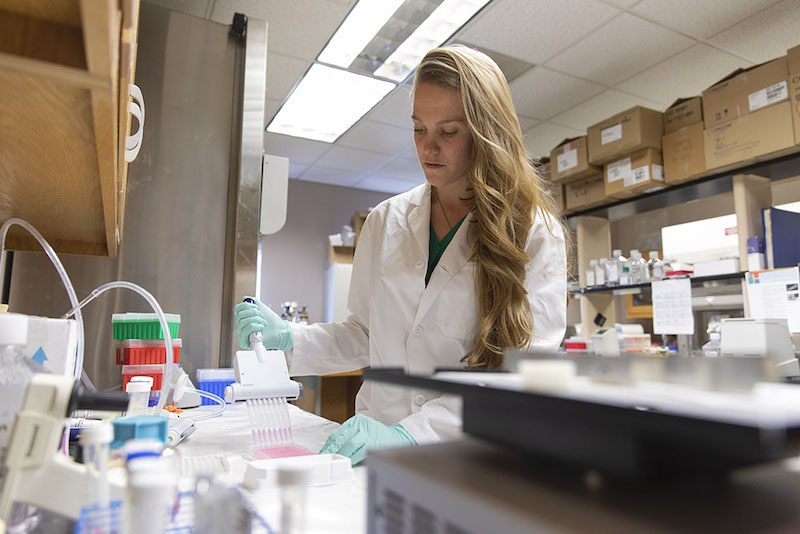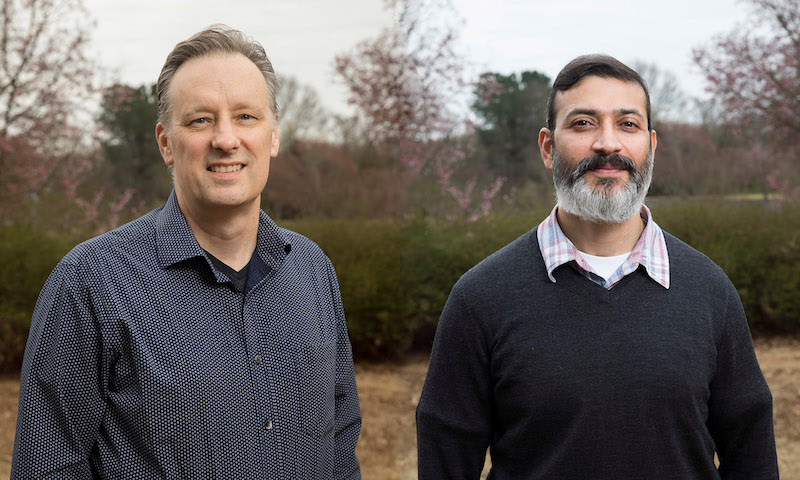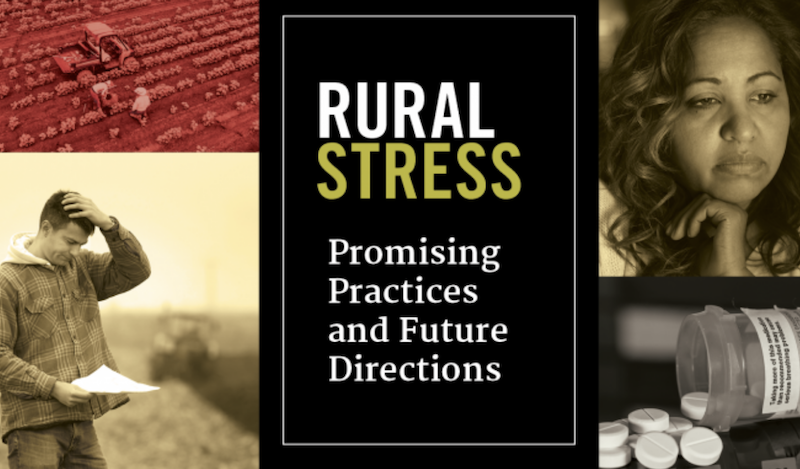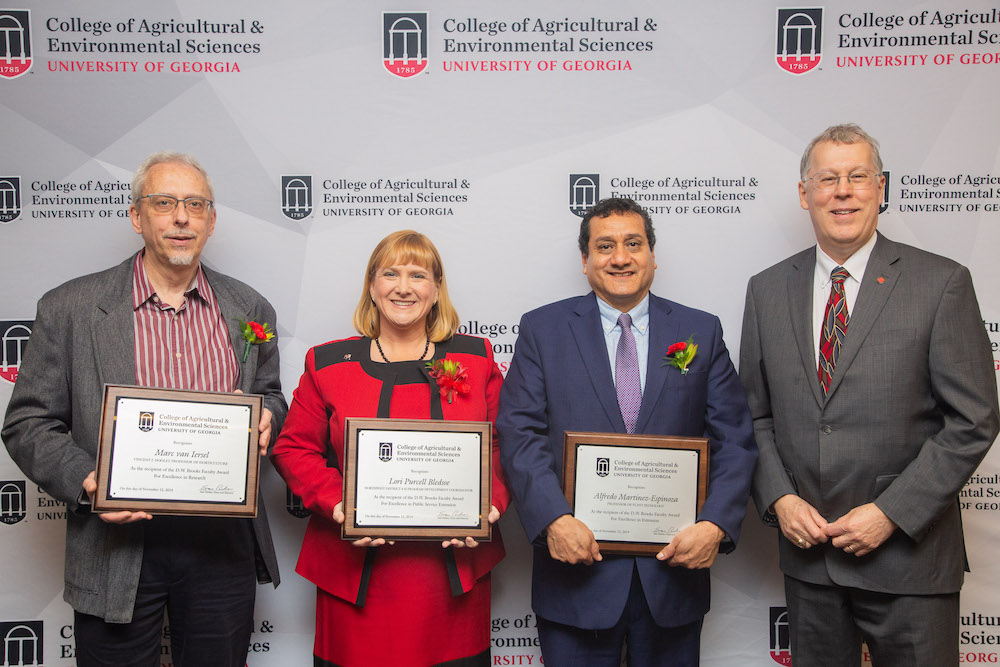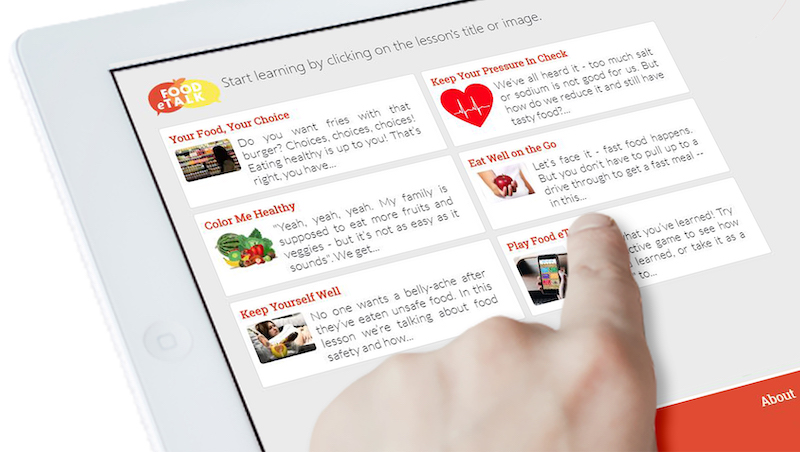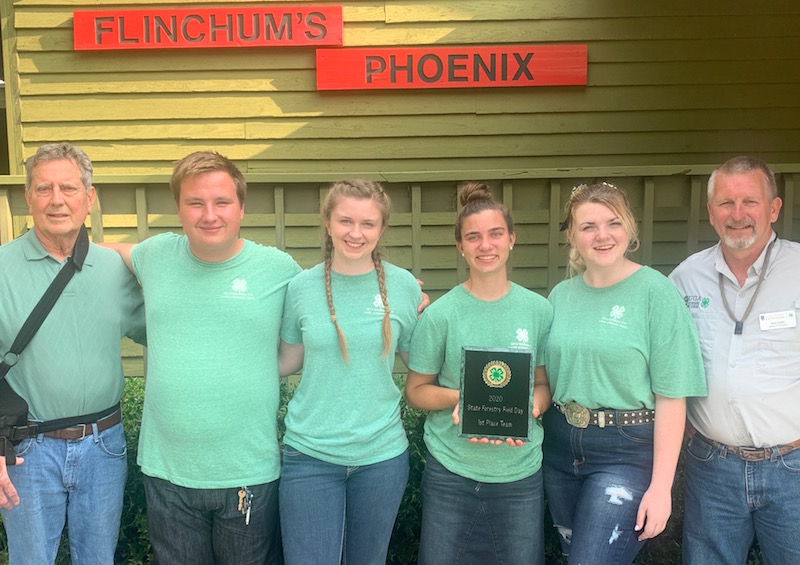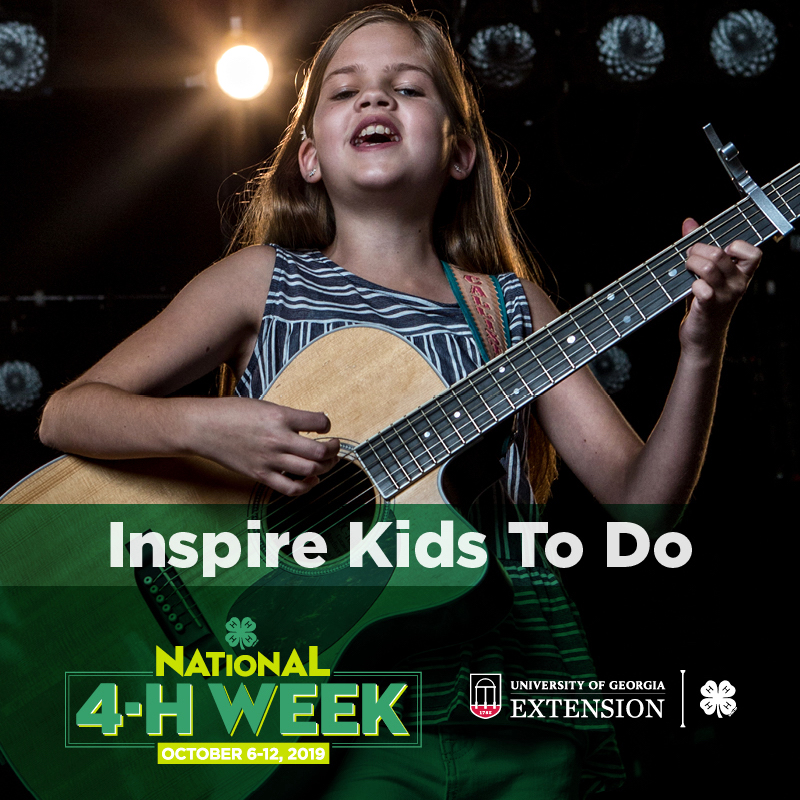 CAES News
CAES News
Takeout Safer
Buying takeout food is a good choice to lower risks of exposure to COVID-19 because it reduces the number of touchpoints relative to eating in a restaurant, said Elizabeth Andress, a UGA Extension food safety specialist in the College of Family and Consumer Sciences.

